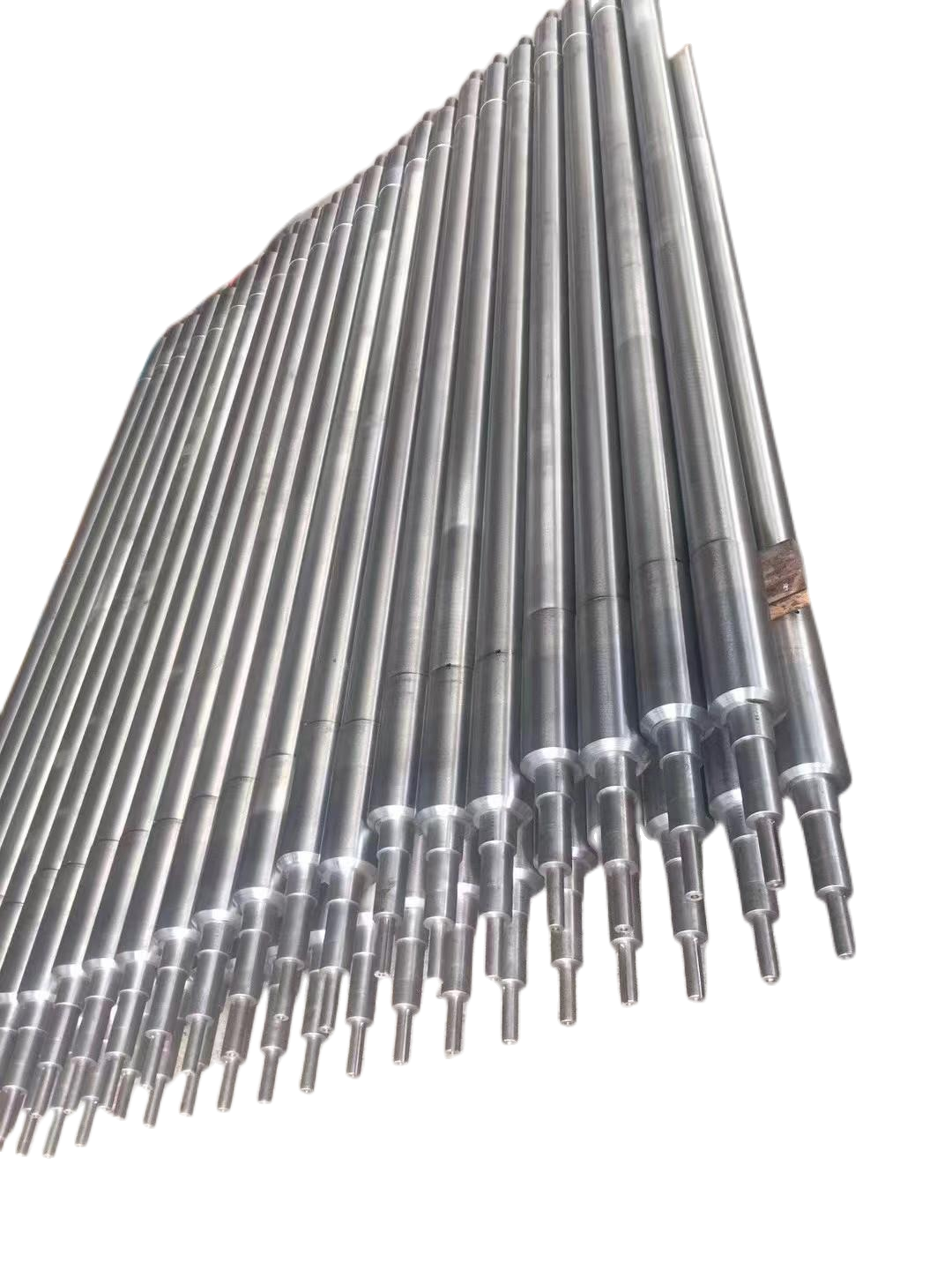custom steel casting
Custom steel casting represents a sophisticated manufacturing process that enables the production of specialized steel components tailored to specific requirements. This versatile method involves creating unique molds based on customer specifications, pouring molten steel into these custom-designed cavities, and allowing it to solidify into the desired shape. The process accommodates various steel grades and can produce components ranging from small precision parts to massive industrial equipment pieces. Advanced technologies, including computer-aided design (CAD) and simulation software, ensure precise dimensional accuracy and optimal material properties. The process begins with detailed pattern making, followed by mold preparation, melting of specifically formulated steel alloys, careful pouring, controlled cooling, and comprehensive quality inspection. Custom steel casting proves invaluable in industries requiring unique components that cannot be efficiently produced through standard manufacturing methods. It offers exceptional flexibility in terms of size, shape, and material properties, making it essential for sectors such as mining, power generation, construction equipment, and specialized machinery manufacturing.
